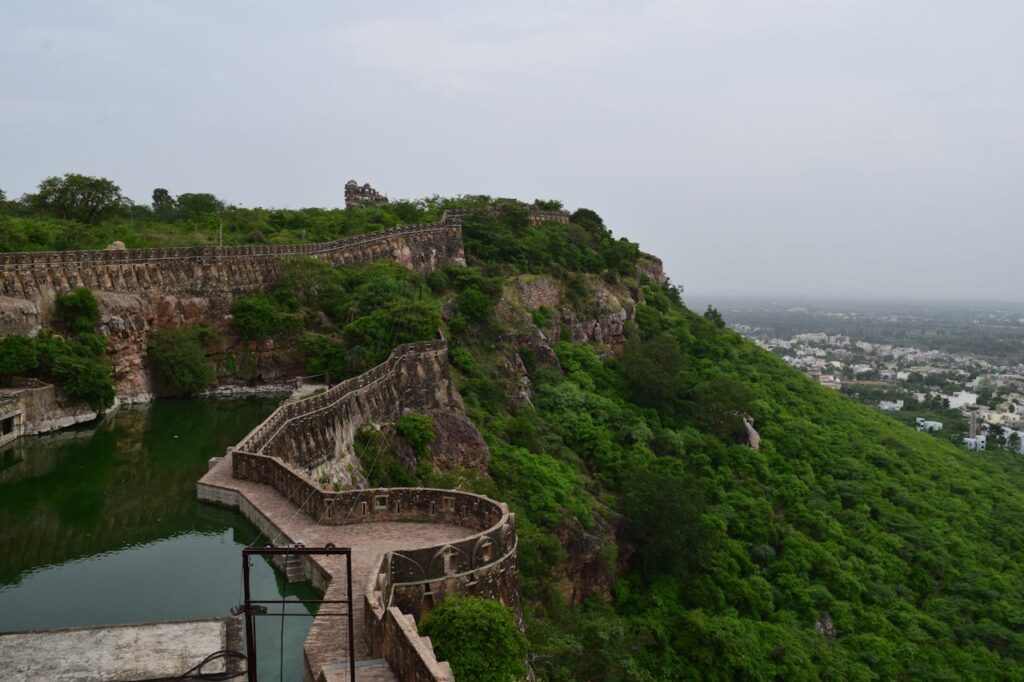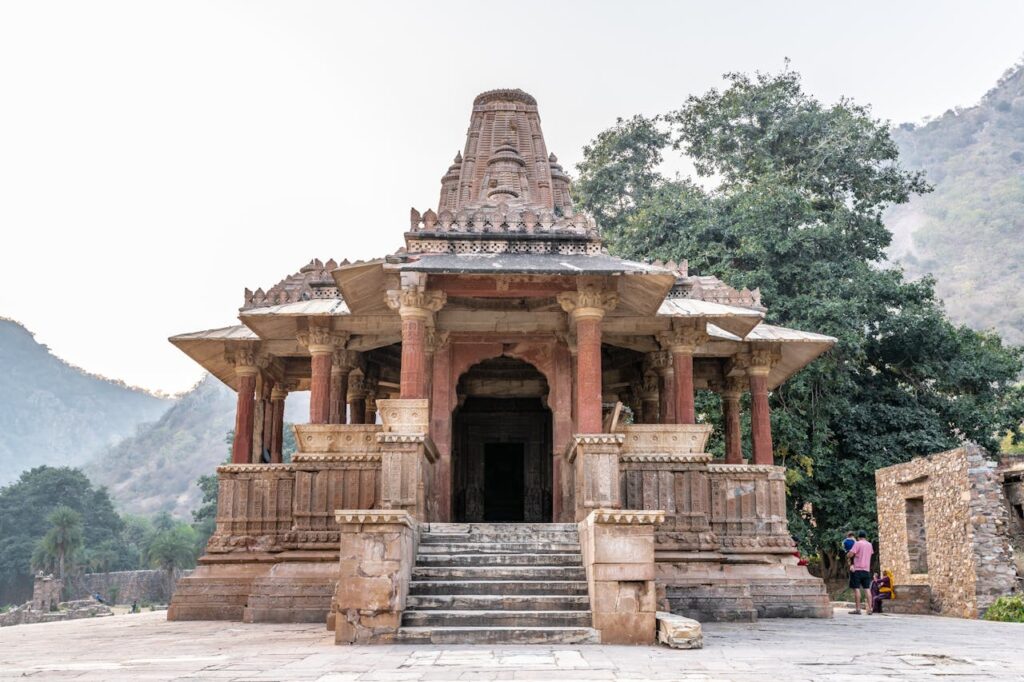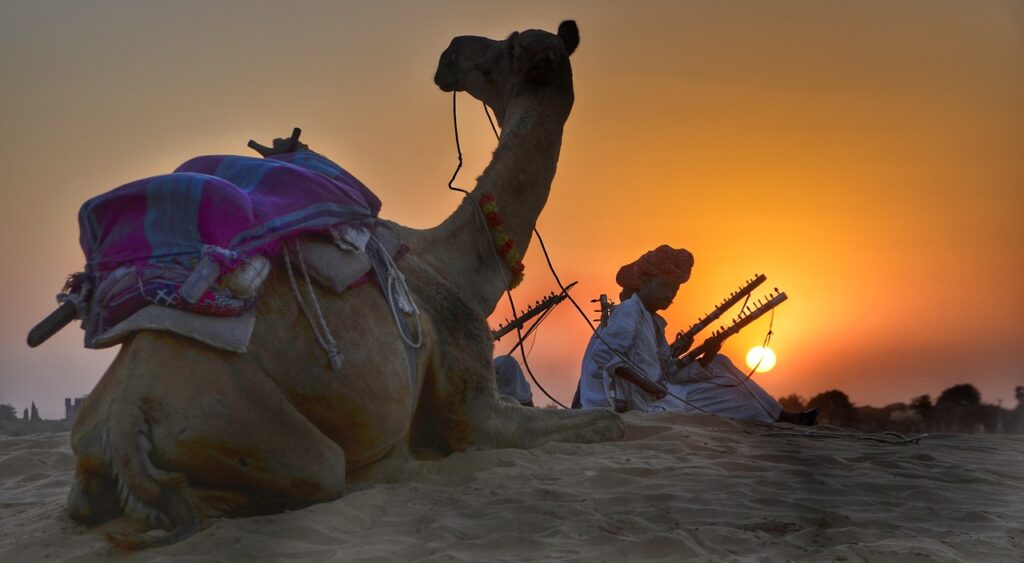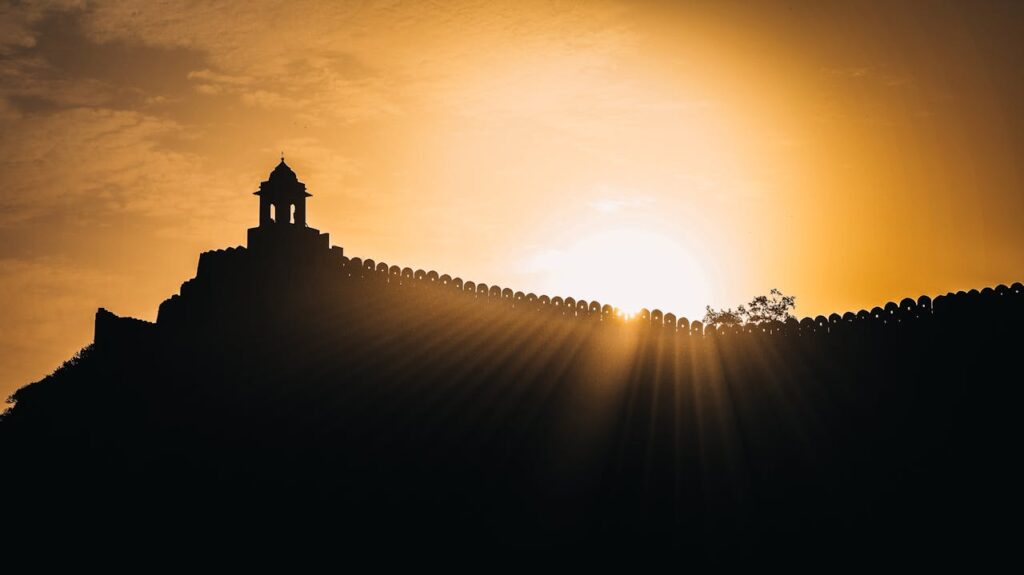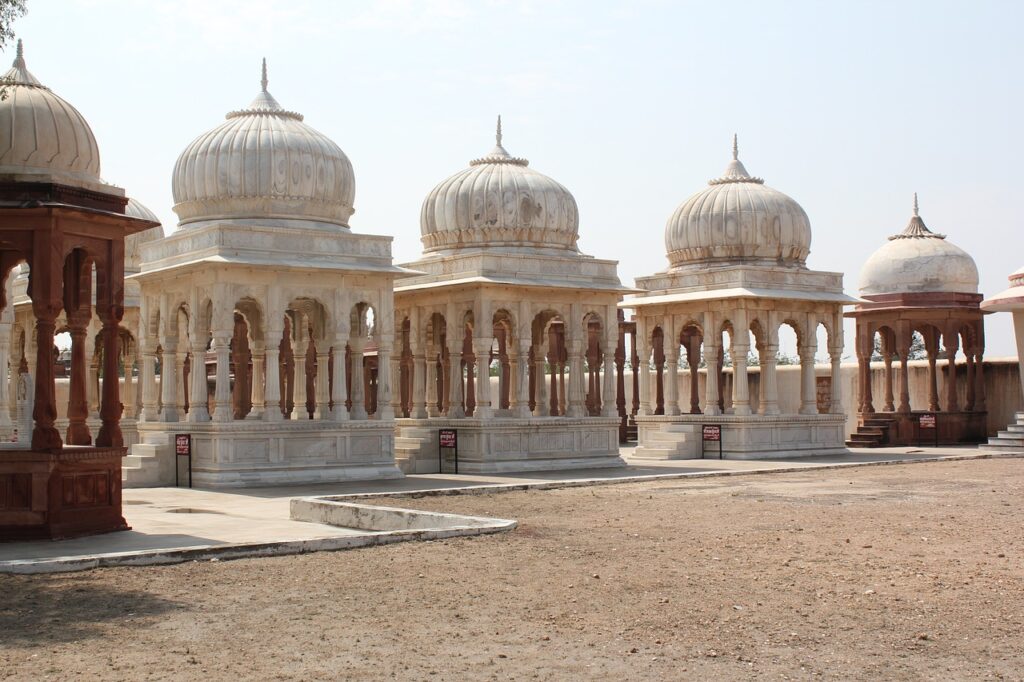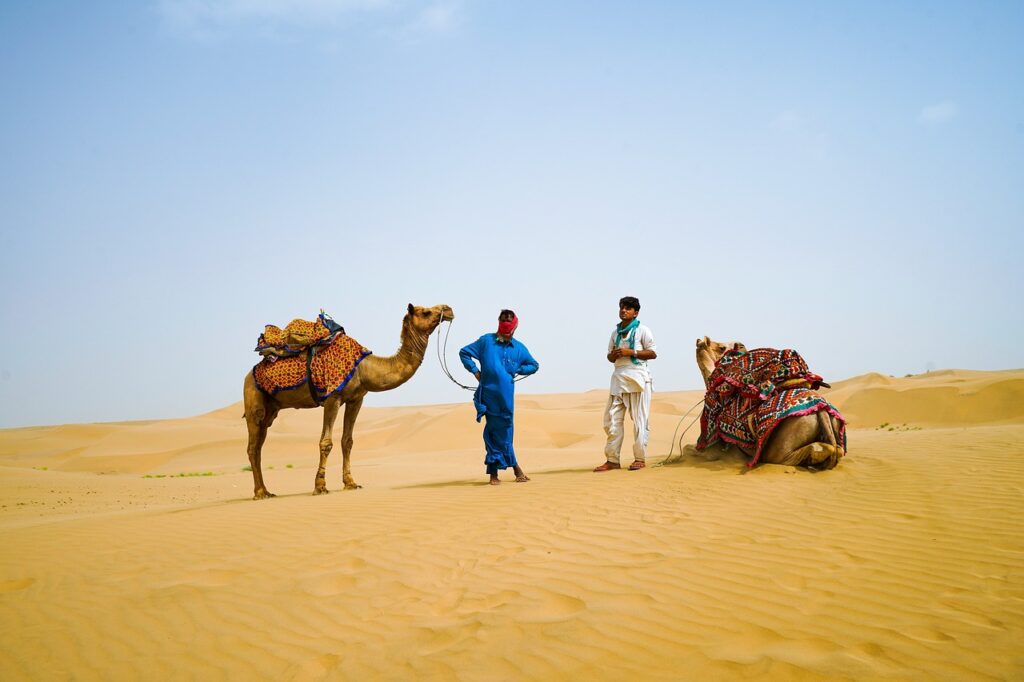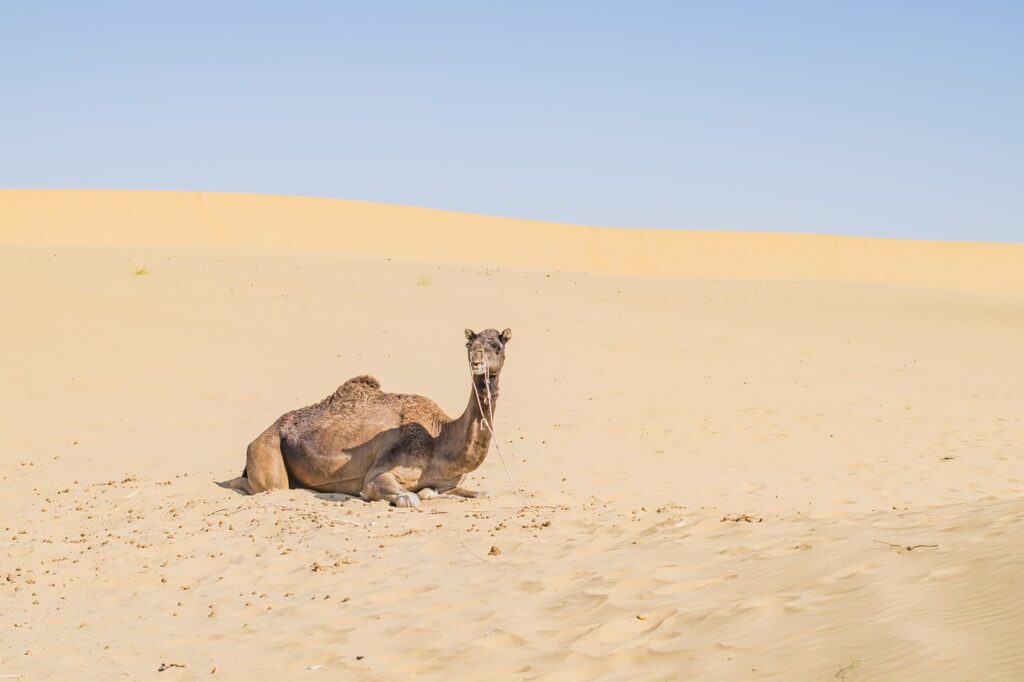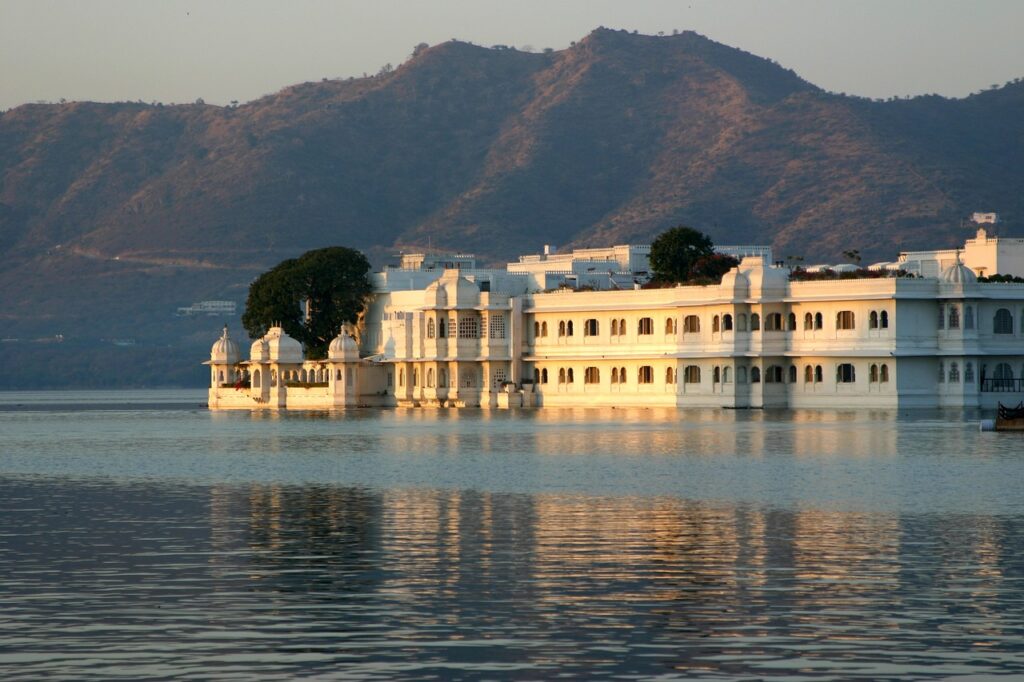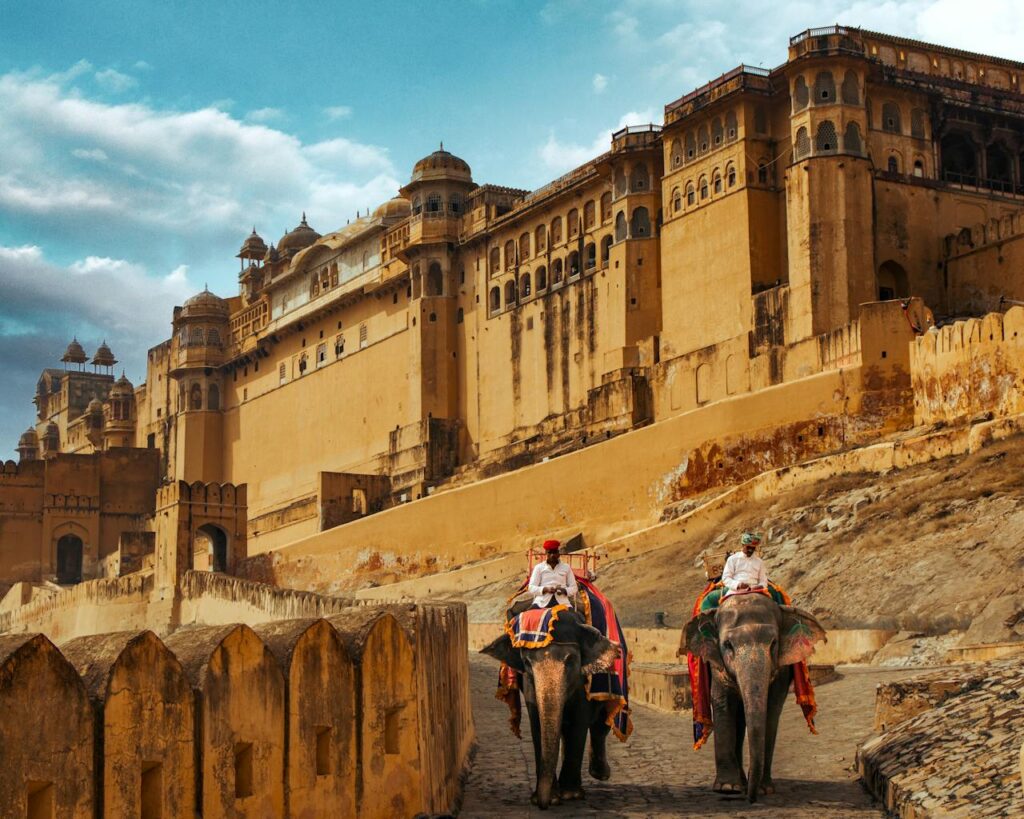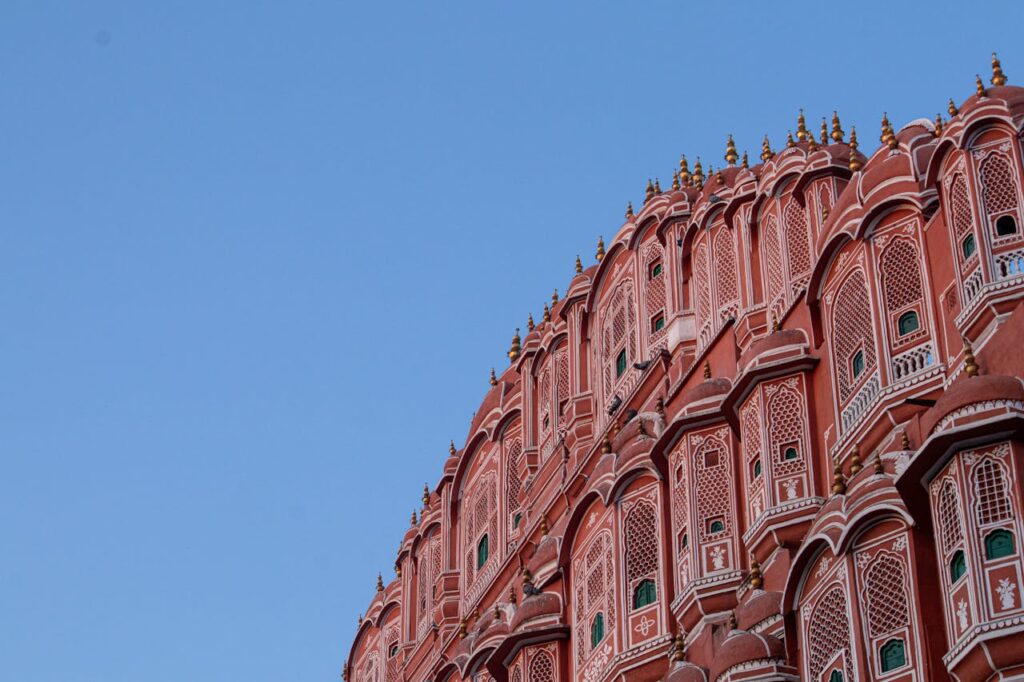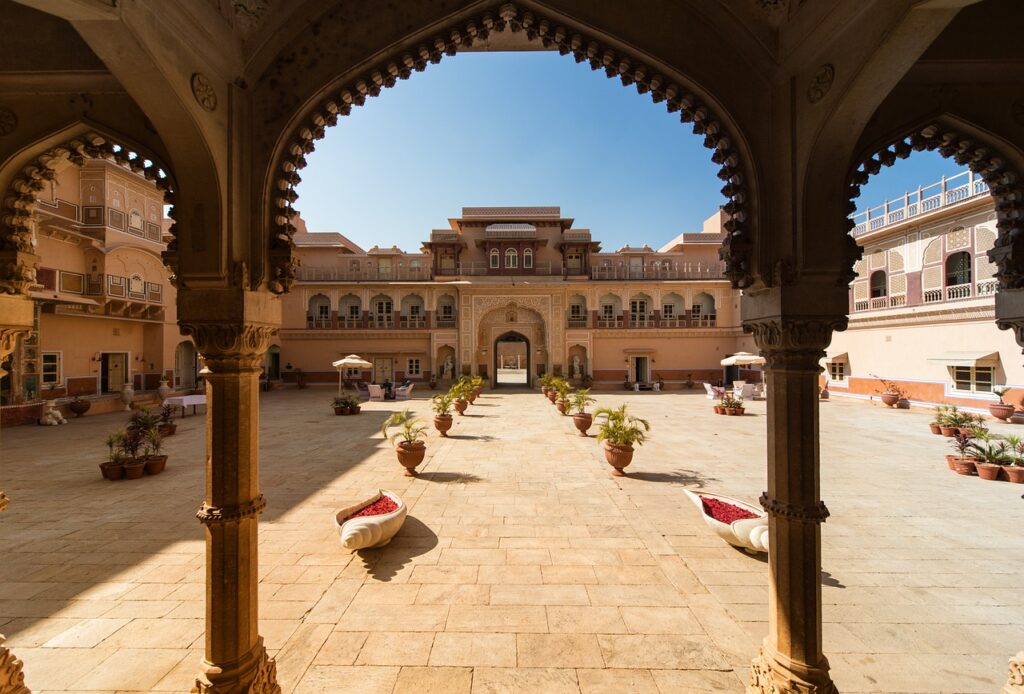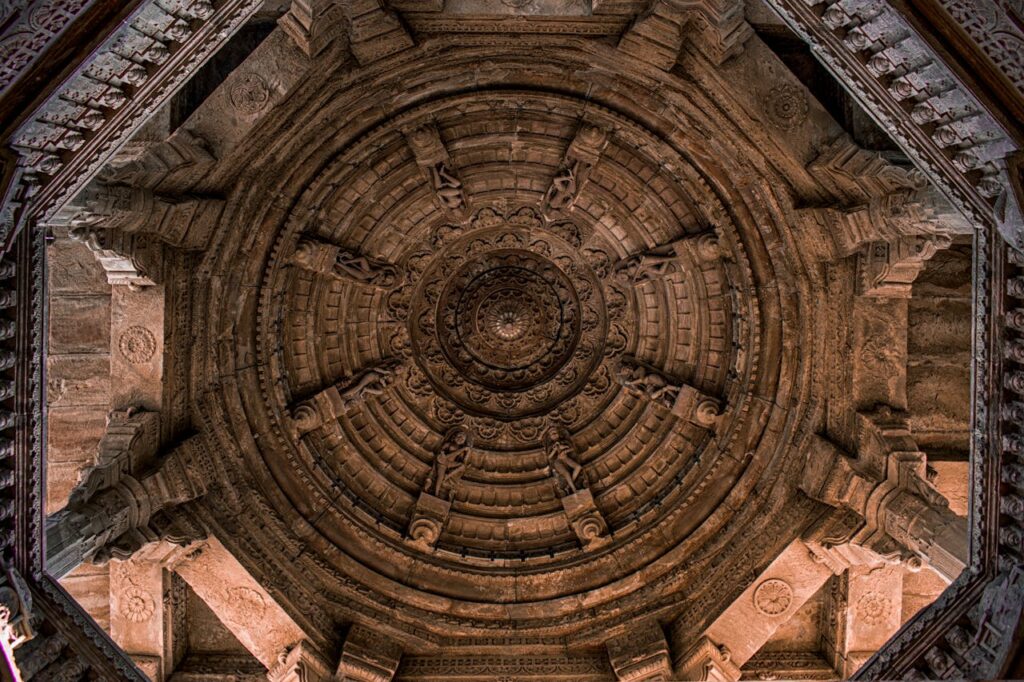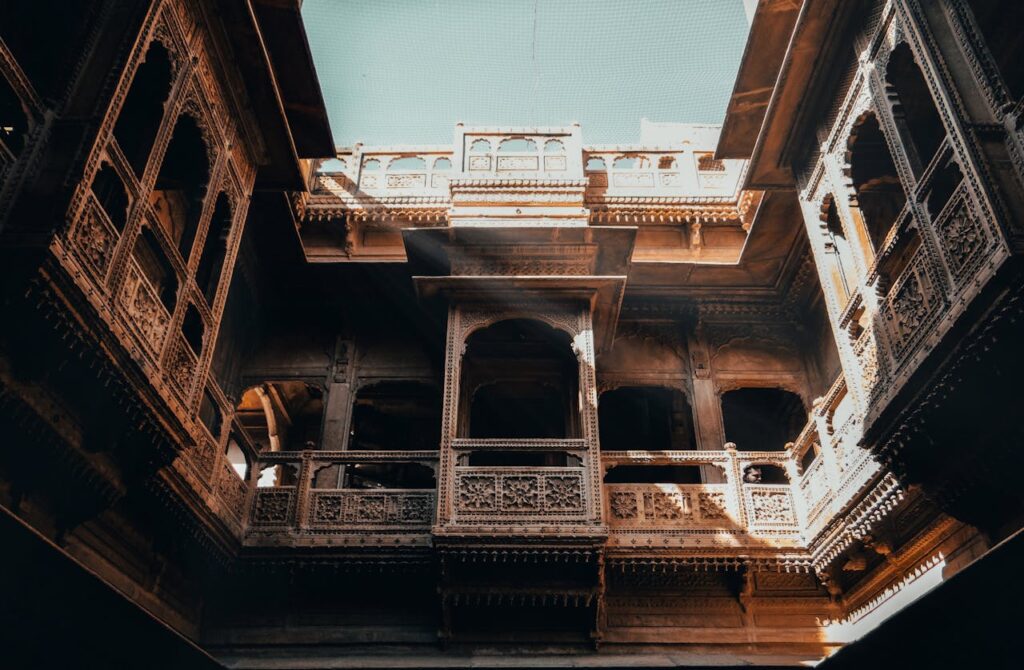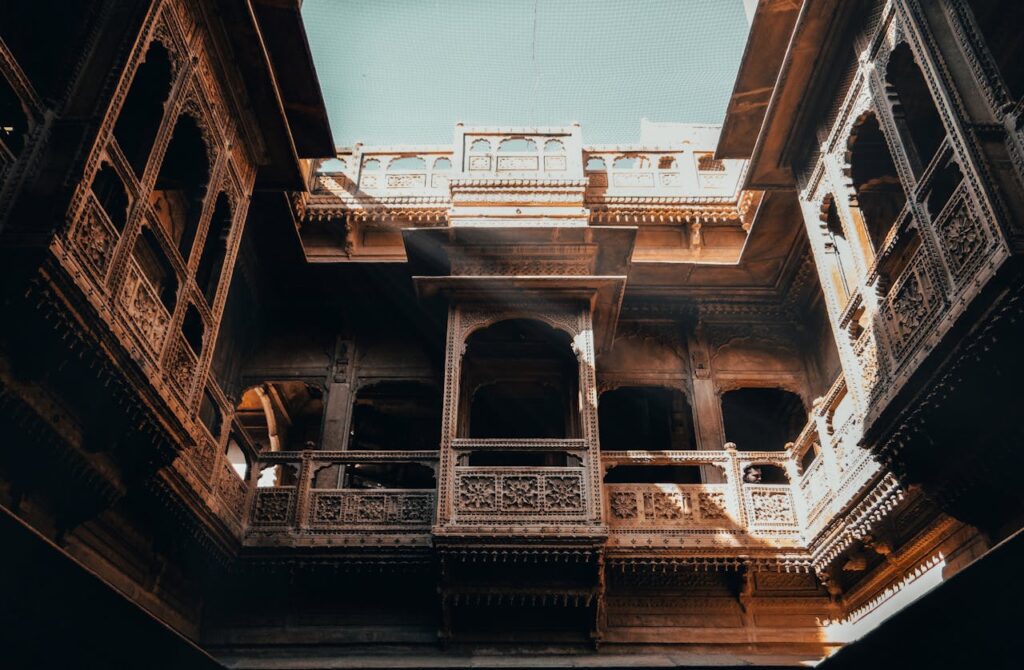Chittorgarh, a city in the Indian state of Rajasthan, is renowned for its rich history, majestic forts, and vibrant culture. Known as the “Land of Warriors,” Chittorgarh boasts a legacy of bravery and sacrifice, making it a significant destination for history enthusiasts and travelers alike. Here are some of the best places to visit in Chittorgarh, Rajasthan:
1. Chittorgarh Fort

Chittorgarh Fort, one of the largest forts in India, is a UNESCO World Heritage Site and a symbol of Rajput valor. The fort complex includes numerous palaces, temples, towers, and gates, each narrating tales of heroism and sacrifice. The fort’s main attractions include the Vijay Stambh (Tower of Victory), Kirti Stambh (Tower of Fame), Rana Kumbha Palace, and Padmini Palace.
- Key Attractions: Vijay Stambh, Kirti Stambh, palaces, temples.
- Activities: Exploring historical sites, photography, learning about Rajput history.
- Location: Chittorgarh, Rajasthan.
2. Rani Padmini’s Palace

Rani Padmini’s Palace, located within the Chittorgarh Fort complex, is a beautiful three-story structure surrounded by a lotus pool. The palace is known for the legendary tale of Rani Padmini’s beauty and the subsequent siege of the fort by Alauddin Khilji. The architecture of the palace and the surrounding gardens offer a serene and picturesque setting.
- Key Attractions: Historic architecture, serene surroundings.
- Activities: Exploring the palace, learning about local legends.
- Location: Chittorgarh Fort, Rajasthan.
3. Vijay Stambh

Vijay Stambh, or the Tower of Victory, is an iconic monument built by Maharana Kumbha to commemorate his victory over the armies of Malwa and Gujarat in the 15th century. The nine-story tower is adorned with intricate carvings of Hindu deities and stories from the epics. It offers a panoramic view of the city and the surrounding landscape from the top.
- Key Attractions: Intricate carvings, panoramic views.
- Activities: Climbing the tower, photography.
- Location: Chittorgarh Fort, Rajasthan.
4. Kirti Stambh

Kirti Stambh, or the Tower of Fame, is a 22-meter tall tower dedicated to the first Jain Tirthankara, Adinath. Built in the 12th century, the tower is adorned with Jain inscriptions and sculptures. It serves as an important pilgrimage site for the Jain community and is a testament to the religious diversity of Chittorgarh.
- Key Attractions: Jain sculptures, historical significance.
- Activities: Observing Jain architecture, pilgrimage.
- Location: Chittorgarh Fort, Rajasthan.
5. Gaumukh Reservoir

Gaumukh Reservoir, a sacred water tank in the Chittorgarh Fort, is fed by a natural spring that emerges from a rock shaped like a cow’s mouth. The reservoir is considered holy and is an important spot for rituals and ceremonies. The tranquil surroundings and the reflection of the fort walls in the water make it a peaceful place to visit.
- Key Attractions: Sacred water tank, serene ambiance.
- Activities: Rituals, meditation, photography.
- Location: Chittorgarh Fort, Rajasthan.
6. Kalika Mata Temple

Kalika Mata Temple, dedicated to the goddess Kali, is an ancient temple located within the Chittorgarh Fort. Originally built in the 8th century as a Sun temple, it was later converted to worship Kali. The temple is an important religious site and attracts devotees from all over the region.
- Key Attractions: Ancient architecture, religious significance.
- Activities: Worship, exploring temple history.
- Location: Chittorgarh Fort, Rajasthan.
7. Rana Kumbha Palace

Rana Kumbha Palace, the largest palace within the Chittorgarh Fort, was once the residence of Maharana Kumbha. The palace is known for its underground cellars, where Rani Padmini and other royal women performed Jauhar during the siege by Alauddin Khilji. The ruins of the palace offer a glimpse into the grandeur of the Rajput era.
- Key Attractions: Historic ruins, underground cellars.
- Activities: Exploring the palace, learning about Rajput history.
- Location: Chittorgarh Fort, Rajasthan.
Summary Table
| Place | Description | Key Attraction | Location |
|---|---|---|---|
| Chittorgarh Fort | One of India’s largest forts and a UNESCO World Heritage Site | Vijay Stambh, palaces, temples | Chittorgarh, Rajasthan |
| Rani Padmini’s Palace | Historic palace with a lotus pool and legendary tales | Historic architecture, serene surroundings | Chittorgarh Fort, Rajasthan |
| Vijay Stambh | Iconic monument celebrating a historic victory | Intricate carvings, panoramic views | Chittorgarh Fort, Rajasthan |
| Kirti Stambh | Jain monument with detailed sculptures | Jain sculptures, historical significance | Chittorgarh Fort, Rajasthan |
| Gaumukh Reservoir | Sacred water tank with a natural spring | Sacred water tank, serene ambiance | Chittorgarh Fort, Rajasthan |
| Kalika Mata Temple | Ancient temple dedicated to the goddess Kali | Ancient architecture, religious significance | Chittorgarh Fort, Rajasthan |
| Rana Kumbha Palace | Largest palace within the fort, known for its historical significance | Historic ruins, underground cellars | Chittorgarh Fort, Rajasthan |
How to Reach Chittorgarh
By Air
The nearest airport to Chittorgarh is Maharana Pratap Airport in Udaipur, located about 90 km away. The airport is well-connected to major Indian cities like Delhi, Mumbai, and Jaipur. From the airport, travelers can hire a taxi to reach Chittorgarh.
By Train
Chittorgarh Junction is a major railway station and is well-connected to cities like Delhi, Jaipur, Mumbai, and Ahmedabad. Regular trains operate to and from Chittorgarh, making it a convenient mode of travel.
By Road
Chittorgarh is well-connected by road, with national highways linking it to major cities in Rajasthan and neighboring states. State-run and private buses, as well as taxis, are readily available.
Best Time to Visit Chittorgarh
The best time to visit Chittorgarh is from October to March when the weather is pleasant and suitable for sightseeing. The winter months offer a comfortable climate for exploring the city’s historical sites. The summer months (April to June) can be extremely hot, while the monsoon season (July to September) brings occasional rains.
Travel Tips
- Local Cuisine: Don’t miss trying the local Rajasthani cuisine, including dishes like dal bati churma, gatte ki sabzi, and laal maas. The city also offers a variety of sweets like ghewar and mawa kachori.
- Cultural Etiquette: Respect local customs and traditions, especially when visiting religious sites. Modest clothing is recommended, and it is customary to remove shoes before entering temples.
- Language: Hindi is the most widely spoken language, but English is also commonly understood.
- Currency: The Indian Rupee (INR) is the local currency. ATMs are available, but carrying some cash is advisable for small transactions.
Itinerary Suggestions
One-Day Trip
- Morning: Start your day with a visit to the Chittorgarh Fort, exploring the Vijay Stambh, Kirti Stambh, and Rana Kumbha Palace. Delve into the rich history and enjoy the panoramic views.
- Afternoon: Visit Rani Padmini’s Palace and the Gaumukh Reservoir. Have lunch at a local restaurant and try traditional Rajasthani dishes.
- Evening: Conclude your day with a visit to Kalika Mata Temple and enjoy the serene ambiance.
Weekend Getaway
- Day 1: Begin with a comprehensive tour of the Chittorgarh Fort, including visits to Vijay Stambh, Kirti Stambh, and the various palaces. Spend the afternoon exploring Rani Padmini’s Palace and the nearby Gaumukh Reservoir.
- Day 2: Start with a visit to the Kalika Mata Temple, followed by a trip to the nearby village of Bassi, known for its Bassi Wildlife Sanctuary and fort. Enjoy shopping for local handicrafts and experiencing the local culture.
Chittorgarh offers a captivating blend of history, architecture, and culture, making it a fascinating destination for travelers seeking to explore Rajasthan’s rich heritage. Whether you’re captivated by the tales of valor or simply wish to soak in the majestic beauty of the fort, Chittorgarh has something to offer everyone.

